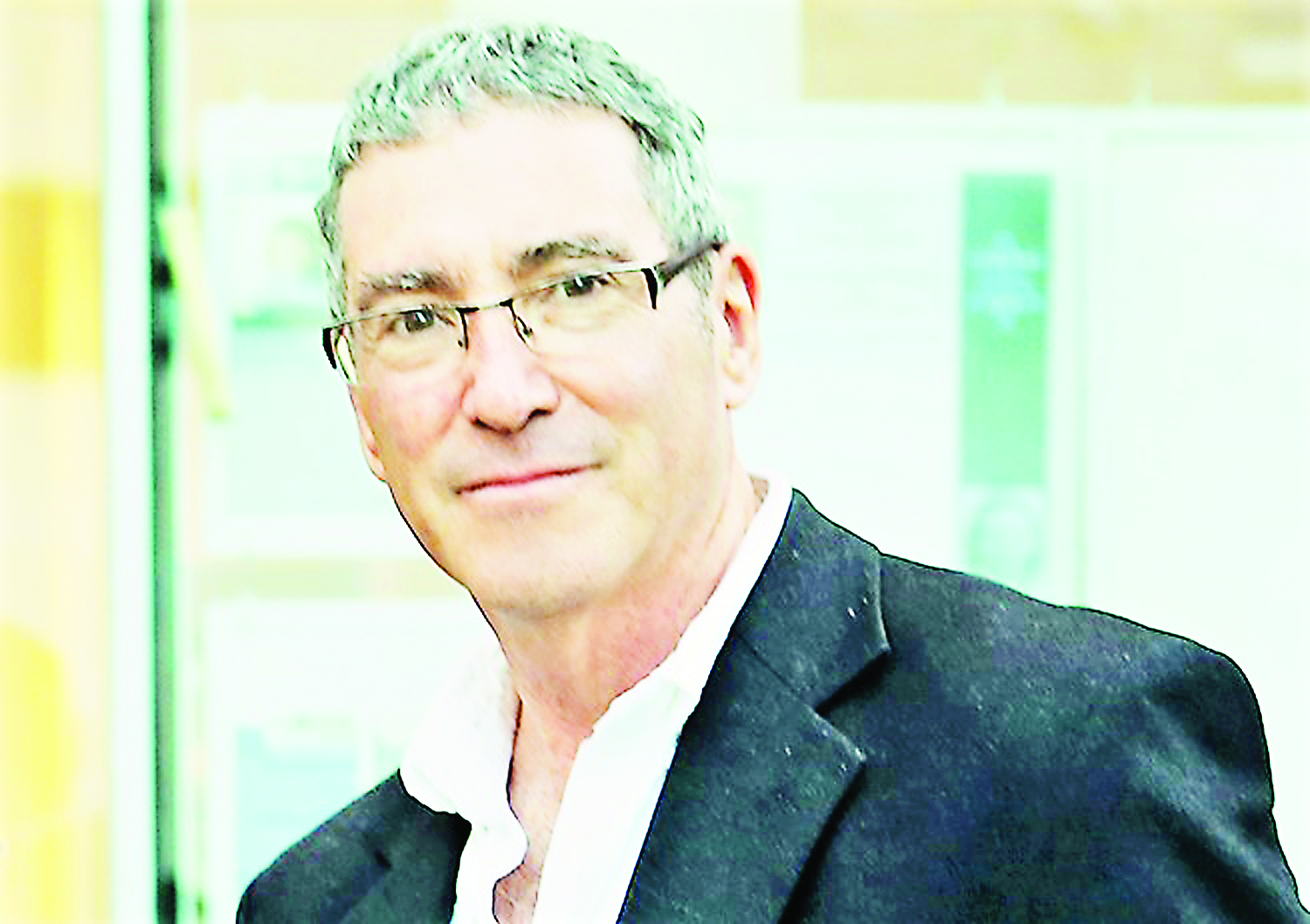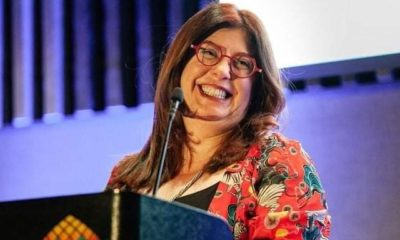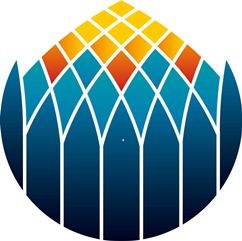
Featured Item

Historic reforms to Cape Board’s election process
The Cape South African Jewish Board of Deputies (Cape Board) is heading towards a groundbreaking election after it instituted reforms that were recommended by the Seligson Commission three years ago.
“Coming out of the 2017 Cape Board elections, various complaints both from candidates running in the election and the public were sent in to the Cape Board. In good governance, it put in place the Seligson Commission,” says Cape Board Director Stuart Diamond.
“One of the most important recommendations was that a commission be set up to review the current structure of the organisation’s constitution, and possibly re-draft it. A new constitution was passed in February 2020. It includes an important document called the electoral code, which essentially created rules around the election and put into play the electoral commission (EC).”
Advocate Anton Katz SC, advocate Doron Goldberg, and Richard Freedman make up this new, independent and impartial body that regulates the elections for membership of the Cape Board council in order to ensure the process is credible, free, and fair.
Diamond says very few communal organisations have an electoral document and commission, or an independent body running the elections. “Another big change is the electronic voting platform,” he says. “Voting becomes accessible to every Jew in the Cape over the age of 18 on the communal register. That means that close to 11 400 Jews have the ability to vote.
“It’s exciting to see eight inclusive, diverse, and strong candidates standing for election on the public ballot” Diamond says. They are: entrepreneur Justin Asher; gender activist Jacqui Benson; veteran lawyer and African Jewish Congress president Ann Harris; fundraiser and Jewish Democratic Initiative steering committee member Barbara Miller; business leader Dawn Nathan-Jones; founding member of the Jewish Democratic Initiative, Raymond Schkolne; Zeitz Museum Africa head of philanthropy Michelle Stein; and scientist and digital advertising agency chief executive Ariel Sumeruk.
Nominees can’t stand for election on the public ballot if they have served on the board in the past five years, which enables fresh leadership. “In the 2017 election, we had no public-ballot election process, and we’ve always had a small turnout on these ballots, so it’s heartening to see eight candidates wanting to serve the community and make a difference,” says Diamond.
Community members can vote online for three out of eight nominees until 18 August 2020. “This is the difference between the Cape Board and other boards locally and internationally, where only affiliate organisations get to vote. Ours is a hybrid model.”
Meanwhile, the EC was made aware of a defamatory message directed at one of its public-ballot nominees last week, circulated to some members of the Western Cape Jewish community. “The EC is investigating the matter in terms of the electoral code. Smear campaigns against particular nominees are inconsistent with the code, and could compromise the freedom and fairness of the election,” says Katz. He says community members must report any smear campaigns to the EC, and their anonymity will be protected.
Katz says the smear campaign is exactly why an EC is needed. “The commission must investigate all complaints, and there have been a number that have come in, targeting a nominee standing for election on the public ballot.
“There is no problem with people holding differing views. In fact, such debate is a welcome part of our Jewish community. The problem comes in when those with strong opinions denigrate persons with other perspectives. Those with strong views should be tolerant of others so that debate is not stifled,” he says.
Katz says a thorny issue has traditionally been the allocation of extra delegates for affiliates in the affiliate ballot. “There is no perfect solution to the issue. The EC has done the best it can.”
Community organisations affiliated to the Cape Board elect 10 board members out of the current 12, while the public ballot allows community members to vote on the remaining five. These organisations include shuls, schools, outreach organisations, youth movements, and more. They will vote on 6 September at the Cape Board’s conference, also online.
“There are about 65 affiliate organisations, with a few new ones this year. Each gets one delegate to vote at the Cape Board conference in the affiliate ballot. However, some organisations are larger than others and can request more than one delegate to ensure they are more fairly represented,” explains Katz.
“In the past, the assignment of extra delegates has been opaque. To make the election free and fair, the electoral commission instituted a process where affiliates could formally apply for extra delegates. They had a number of weeks to do so.
“Once they applied, the electoral commission reviewed the organisation to decide whether it should be assigned more delegates. The organisations then had the chance to object to the EC’s initial decision. The commission reviewed these objections, and in certain instances, amended its original assignment.
“Unfortunately, certain affiliates applied long after the original deadline, and even after the objection process had been finalised. The commission took the view that the late applications should not be considered, as it could have compromised the entire process, and would be unfair to those affiliates who had applied timeously,” Katz says. He acknowledges that the decision has caused some dissatisfaction, but he notes that it demonstrates the need for such a thorough process in the first place, conducted within a determined time frame.
“The commission hopes that by the end of this election, it will be able to sign off its report that the election was not only free and fair, but also credible, and that the Cape Board properly represents the diverse groupings of the Jewish community in the province,” he says.
Says Diamond, “Challenges regarding democracy and representation are always important for the community, and I think it’s critically important for the board, especially in the Cape, to encourage the community to play its democratic role. The Cape Board calls on the community to make its mark, and we ask people to behave in a way that keeps the election free and fair.”








